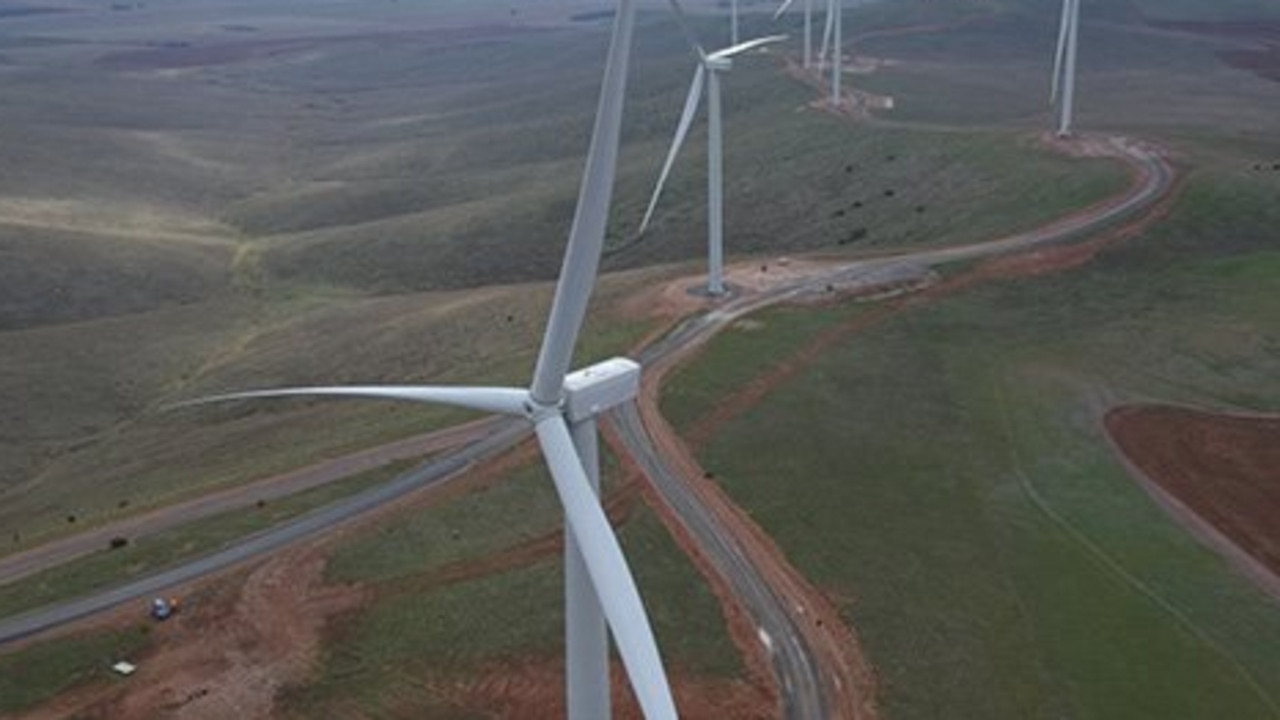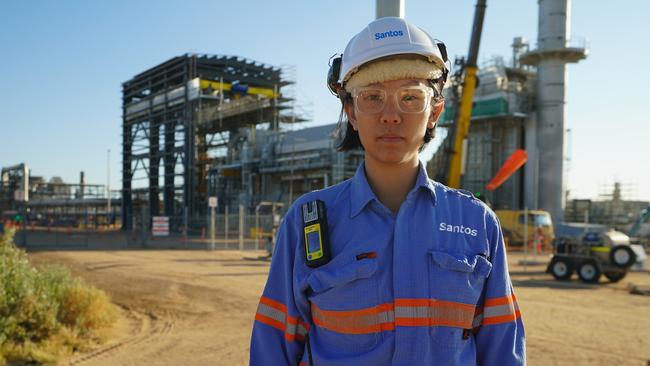Prime Minister Anthony Albanese getting away with broken promise to cut power prices by $275
Prime Minister Anthony Albanese might be getting grilled over Qantas flight upgrades but the focus should be on his broken promise to cut electricity prices, writes Paul Starick.
Opinion
Don't miss out on the headlines from Opinion. Followed categories will be added to My News.
Prime Minister Anthony Albanese should be held to account for his broken promise to cut household power bills by $275, even more than he is now being skewered over Qantas flight upgrades.
Voters shuddering under ever-escalating electricity bills during a cost-of-living crisis should remember Mr Albanese’s core 2022 election promise when they go to the ballot box again early next year.
The Albanese government might have plenty of excuses for breaching the power price promise but the failure to deliver is more consequential than Premier Peter Malinauskas’s thus-far failed vow to fix the ambulance ramping crisis.
Barring a miracle by the end of the year, Mr Albanese will spectacularly fail to deliver the central plank of his Powering Australia plan, launched in December, 2021.
The power price promise could not have been clearer.
“Cheap, renewable power will mean household bills drop by an average of $275 by 2025,” Mr Albanese said in a speech in Sydney on December 5, 2021, two days after launching his plan.
Castigating the Coalition for announcing more than 20 energy policies in the past decade without landing a single one, Mr Albanese boasted that Labor’s policy was backed by “the most extensive independent modelling ever carried out for any policy by an Opposition”.
Yet we are just weeks away from the calendar ticking over to 2025 and there’s no sign of household power bills dropping by an average of $275.
Yes, circumstances have changed. Russia’s invasion of Ukraine in February, 2022, sent the price of gas skyrocketing.

Gas generation is critical to back up renewable energy. The Powering Australia plan has the objective of boosting renewables to 82 per cent of the grid by 2030.
But the ideological objective of reducing emissions from the electricity sector continues to be at odds with the other objective, of cutting power prices.
South Australia’s largest member-based organisation, the RAA, on Wednesday launched an electricity plan, based on monthly subscription fees, aimed at lowering bills.
“Our members are telling us loud and clear that rising electricity bills are hurting their household and family budgets,” said RAA chief executive officer Nick Reade.
Energy ideology also is fuelling attacks on the state’s largest company, oil and gas producer Santos. Extinction Rebellion, which wants action on “the climate and ecological emergency” has repeatedly targeted Santos, including vandalising the firm’s Adelaide CBD headquarters in May, 2023.
Santos, to its credit, has not been cowed and argues its case. The firm’s 70th anniversary is being marked on Friday.
As a state, we should surely be celebrating the job creation, enterprise and innovation of Santos and partner Beach Energy’s carbon capture and storage project at Moomba, in SA’s far northeast.

On October 17, they revealed they were injecting captured carbon dioxide into depleted reservoirs at Moomba at a rate that has them on course to meet a targeted 1.7 million tonnes per annum.
As Santos chief Kevin Gallagher said in a speech on Wednesday night, this would be the equivalent of about 28 per cent of the total emissions reduction delivered in Australia’s entire electricity sector in 2023.
There is a vast inequity being created between those wealthy enough to be able to afford household solar panels and batteries, and those who cannot.
This was starkly outlined in CT Group polling revealed on Friday, which found growing gaps between mainstream Australians and elites (those with a postgraduate degree, with household income of more than $120,000).
The polling found mainstream voters were significantly more opposed than the elites when asked if gas, meat and electricity should be strictly rationed in response to climate change.
Mainstream voters are struggling with power costs. Albo promised to cut them and has spectacularly failed to deliver.






